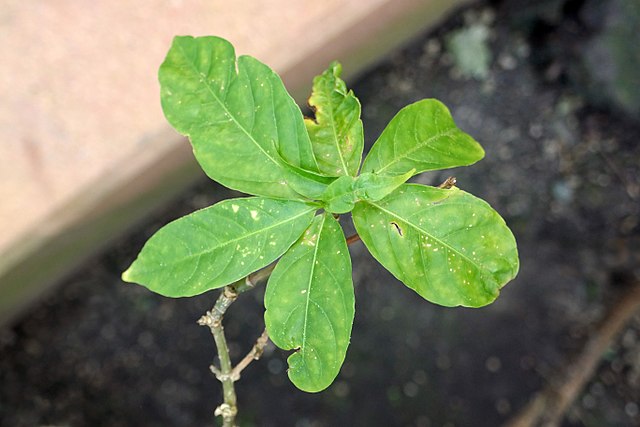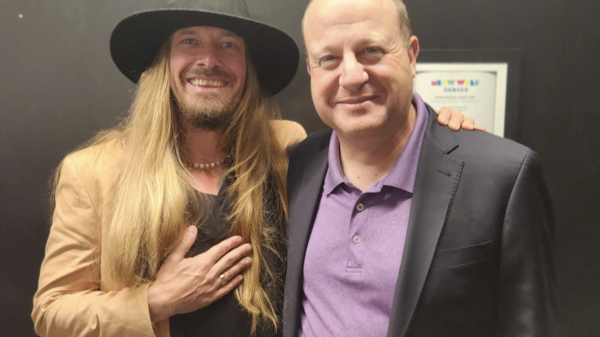Kentucky plans to invest millions in psychedelics research to combat opioid use disorder with a primary focus on ibogaine, helping to establish the state as a significant influence in the field.
The state’s Attorney General Daniel Cameron said on Wednesday during a press conference that Kentucky would be allocating US$42 million for researching ibogaine and other psychedelic treatments. The conference was organized by the Kentucky Opioid Abatement Advisory Commission (KOAAC).
The KOAAC is dedicated to combatting the opioid crisis by distributing US$842 million acquired through legal settlements last year from opioid companies that have played a significant role in the crisis. The newly announced funding for ibogaine research will come from that sum.
Cameron was joined by the commission’s Chairman and Executive Director Bryan Hubbard along with Veteran organizations advocating for psychedelic research and regulation like the Heroic Hearts Project and Veteran Mental Health Leadership Coalition.
“As we begin the next phase in our fight against this crisis, we must explore any treatment option that demonstrates breakthrough therapeutic potential,” said Hubbard, who was appointed by Cameron to oversee the commission in 2022.
Today, the Kentucky Opioid Abatement Advisory Commission announced plans to explore new therapeutic treatment options for those affected by opioid use disorder. Read more: https://t.co/Yk0dlb1liJ pic.twitter.com/U3zKgonWXj
— Attorney General Daniel Cameron (@kyoag51) May 31, 2023
Read more: Beckley Waves establishes ethics council for the psychedelics sector
Read more: Colorado governor signs bill regulating psychedelics
Opioid deaths in Kentucky rise by 60 per cent since 2019
Ibogaine is a natural psychoactive substance contained in the root bark of the Tabernanthe iboga plant, a shrub native to central Africa that has long been used by Indigenous cultures for its spiritual and healing properties.
Iboga and its psychoactive derivative ibogaine are not as well-known as psilocybin or MDMA but have gained popularity in the western world for their therapeutic potential in recent years. Retreat centres in Africa and other places such as Costa Rica, Portugal and Canada have been established to use the psychedelic for treating mental and physical health conditions.
“Anecdotal evidence that is mountain high and decades wide suggests that ibogaine, within 48 to 72 hours of administration in safe, clinically-controlled conditions resolves opioid withdrawal syndrome”, said Hubbard during the conference.
He added that if the anecdotal evidence can be clinically validated, ibogaine would represent a transformative therapeutic treatment for the opioid epidemic.
Kentucky has lost a staggering 7,665 citizens to opioid overdoses in the past three years, according to the state’s government.
The government also says that currently existing treatment models have modest success rates, can often be subject to misuse and that the average cost of those treatment models per person and recovery attempt can total up to US$139,200.
Kentucky Medicaid, a government organization that provides healthcare to low-income populations, Veterans and other eligible demographics has spent over US$1 billion on suboxone medication for the treatment of opioid use disorder since 2017.
“Veterans are on the front lines of the opioid and mental health crises that continue to worsen. Today’s announcement is a significant first step toward Kentucky becoming a leader in 21st-century opioid use disorder treatment,” said Martin Steele, retired Marine Corps Lieutenant General and President of the Veteran Mental Health Leadership Coalition.
Steele added that he applauded Kentucky’s government for undertaking this task.
Hubbard said the state would be allocating US$30 million for the research by the end of this year in an interview with Kentucky’s Commonwealth Journal.
rowan@mugglehead.com













